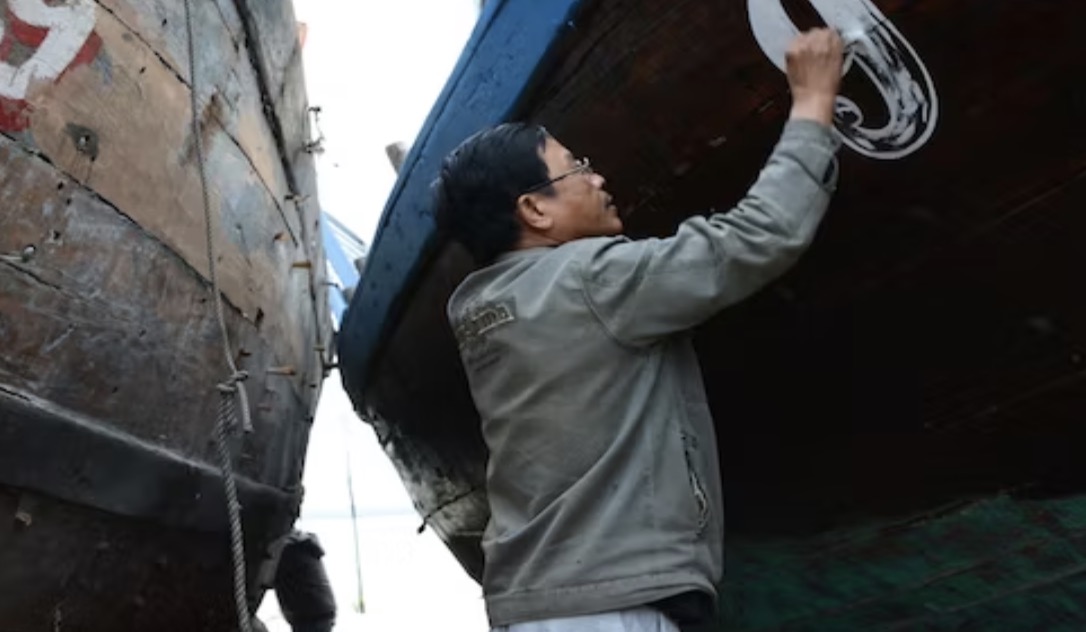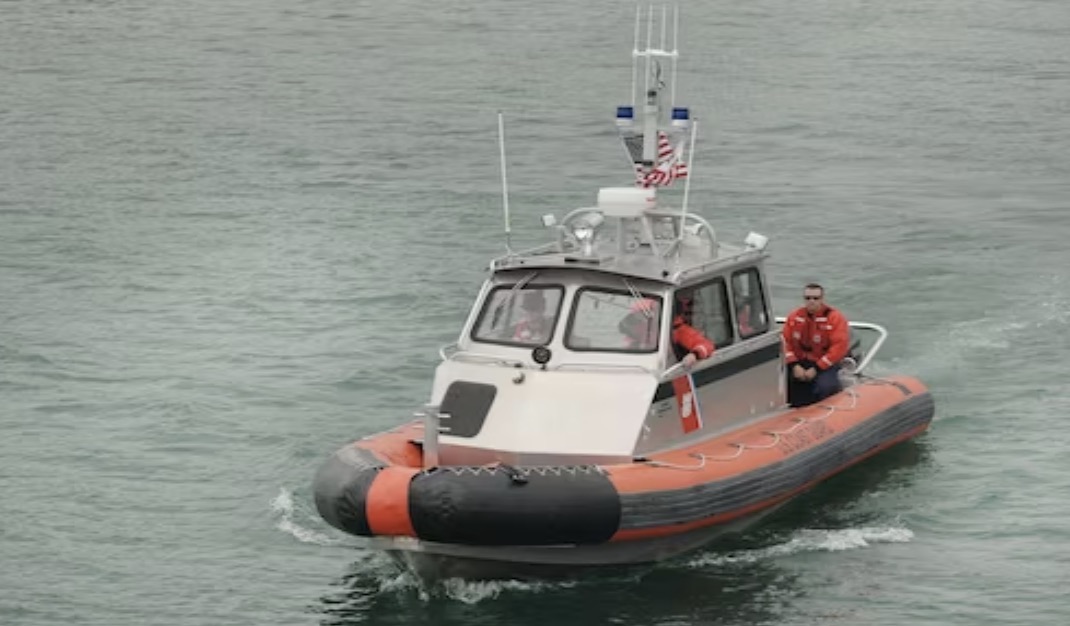Navigating a boat or any other type of watercraft can be an exhilarating and challenging experience. As such, it is essential to be aware of the different tips and techniques necessary to ensure both safety and enjoyment while out on the water. Maximizing their boating experiences may seem overwhelming for first—time boat owners, but it doesn’t have to be. This guide will provide you with all the information needed for planning your first venture out onto the open waters, from purchasing supplies to understanding regulations so that you can enjoy a stress-free day out at sea.
Reader's Roadmap
1. Invest in Boat Insurance
Having the proper insurance coverage is an essential part of owning a boat. Depending on where you live, some states may require boat owners to have liability and property damage insurance to operate a vessel legally. Even if it isn’t required by law, it’s still strongly recommended, as having the right plan can help protect you financially in case of an accident or unforeseen event.
When researching insurance plans, compare different policies and find one that best fits your needs. For first-time boat owners in Australia, a great starting point is a boat insurance calculator for Australia, which can help you determine the type of coverage you need and the cost. Having this knowledge will give you peace of mind to focus on enjoying the ride.
2. Research and Familiarize Yourself with the Rules of the Water
Before you set sail, it’s essential to do your research and familiarize yourself with the rules of the water. Understanding the nautical regulations will not only keep you safe but will also ensure that you have a smooth and enjoyable experience on the open seas. Knowing the difference between a port and starboard, the various types of buoys and signals, and how to handle distress calls are just a few of the basics you should acquaint yourself with before setting off.
Remember, every body of water may have its own regulations, so do your homework before navigating any new area. Whether you’re an experienced sailor or a newbie, educating yourself is essential to becoming a responsible and skilled water enthusiast.
3. Prepare Your Boat for Safe Use
When it comes to boating, safety should be a top priority. Whether you’re a seasoned captain or a novice boater, preparing your boat for safe use can prevent accidents and ensure an enjoyable experience. It’s essential to start by checking all safety equipment, such as life jackets and fire extinguishers, to make sure they’re in good condition and easily accessible.

Next, carefully inspect your boat’s electrical and fuel systems, ensuring no leaks or loose connections. Remember to inspect your boat’s overall condition, including the hull, deck, and rigging. Taking the time to properly prepare your boat for safe use can give you peace of mind while on the water and ensure a fun boating experience.
4. Take a Boating Safety Course
Taking a boating safety course is essential for anyone who wants to spend time on the water. The course will provide valuable information and skills that will help keep you and your passengers safe while enjoying your time on the boat. You’ll learn about navigation rules, safety equipment, and how to handle emergencies.
Even experienced boaters can benefit from a refresher course, as rules and regulations can change over time. Many states require boaters to complete a safety course before hitting the water. So, whether you’re a seasoned sailor or a newcomer to the boating world, taking a safety course is the smart thing to do. Stay safe, and enjoy the open waters.
5. Have the Right Equipment on Board
When setting out on any water-based adventure, it’s essential to have the proper equipment on board. Not only does this ensure your safety, but it can also determine the success of your voyage. Before you embark on your journey, take the time to consider what equipment you’ll need. This could include a life raft, flares, charts, maps, navigation tools like a compass or GPS, and other items necessary for your activity.
Bring plenty of food and water if you get stranded at sea. Equipping yourself with the right supplies can turn a potentially dangerous situation into an adventure.
6. Know the Weather Conditions Before Setting Sail
Checking the weather before setting sail is crucial in planning any boating excursion. Knowing the conditions you’ll be facing can help prepare for potential hazards and ensure that everyone stays safe while on the open water. The National Oceanic and Atmospheric Administration (NOAA) website provides up-to-date information on ocean and marine weather, which can help you plan your journey accordingly.
Also, it’s essential to be vigilant and closely watch for any unanticipated changes in the weather forecast. Even if the conditions seem favorable and promising on one day, it’s crucial to acknowledge the potential for rapid shifts brought about by sudden storms or strong gusts of wind. By staying attentive and staying updated with the local weather updates, you can guarantee a worry-free and enjoyable boating experience, knowing that you are well-prepared for any unexpected changes that may arise.
7. Observe Proper Navigation Rules
As with any other activity, following proper navigation rules is paramount to having a safe and enjoyable boating experience. This includes understanding the difference between power and sailboats, navigating around buoys and other vessels, and communicating clearly with other captains on the water.
Knowing your location is essential to avoid running around or hitting other objects. Take the time to familiarize yourself with navigation rules before setting sail, and be bold and ask questions if you need clarification on something. Doing so will ensure you stay safe and have a worry-free experience on the water.
For anyone looking to set sail on a boating adventure, these tips can help ensure a safe and worry-free experience. Taking the time to educate yourself properly, invest in boat insurance, prepare your boat for safe use, take a course on boating safety, have the right equipment on board, know the weather conditions and observe proper navigation rules are essential steps to becoming a responsible and skilled water enthusiast. So, don your life jacket and set sail for an unforgettable journey.







Leave a Reply
View Comments